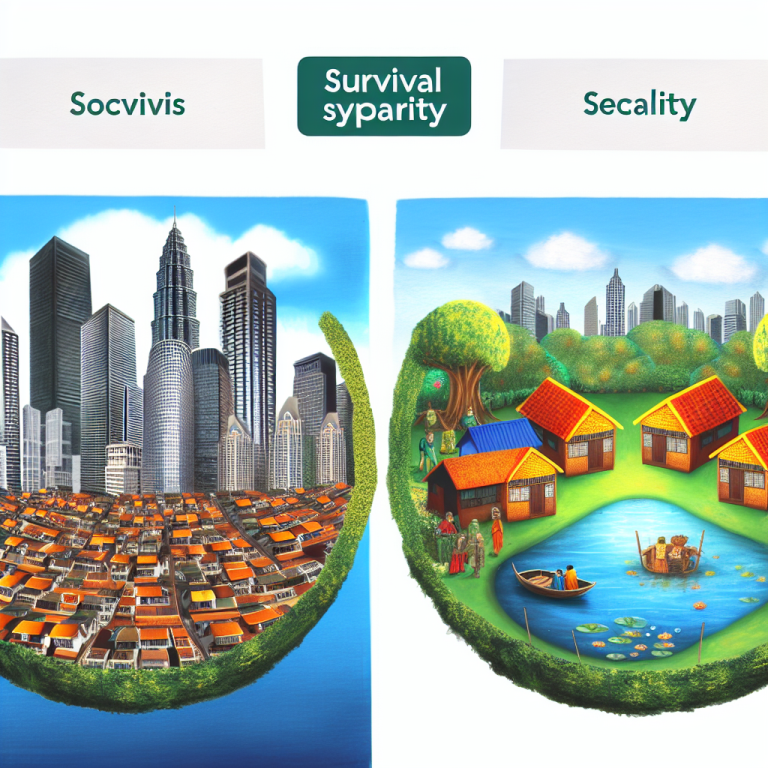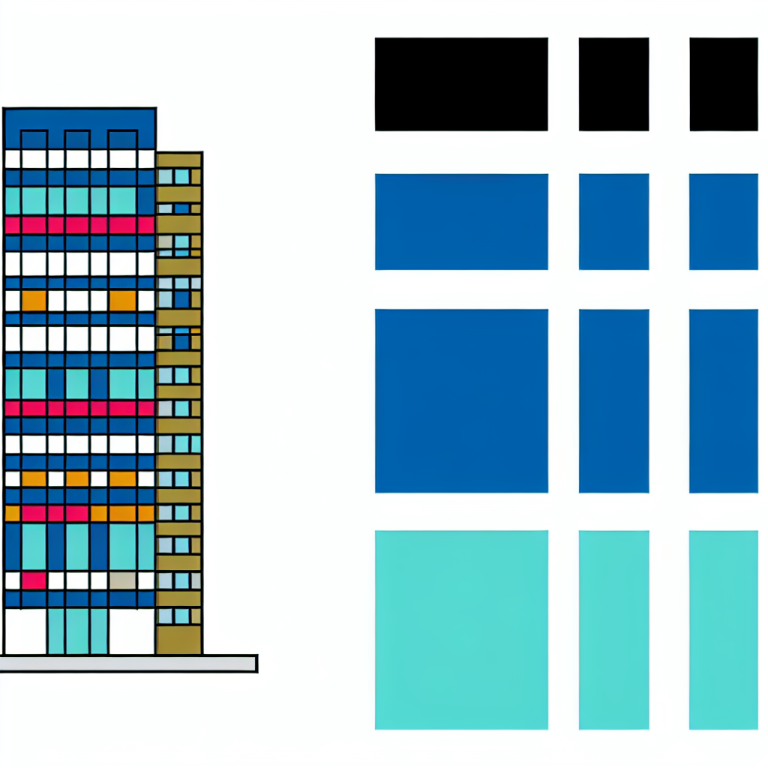The global community is facing a crucial challenge that cannot be ignored: the detrimental effects of economic inequality and the accumulation of wealth in the hands of a few. According to a recent report, the top 1% of the world’s population captured nearly double the amount of new global wealth created between 2020 and 2022 compared to the rest of the population. This alarming disparity extends to carbon emissions as well, with the wealthiest 1% emitting as much carbon dioxide in 2019 as the poorest two-thirds of humanity.
As the gap between the rich and the poor widens, social and humanitarian crises are intensifying. Research shows that societies with significant income disparities are at higher risk of social stressors and dysfunctional outcomes. For example, countries with larger wealth gaps experience higher rates of homicide, imprisonment, infant mortality, obesity, drug abuse, and COVID-19 deaths. Additionally, inequality impacts social mobility and public trust within a society.
The implications of economic inequality go beyond individual well-being and extend to the economic burden on governments. For instance, studies conducted by organizations like Equality Trust indicate that reducing income inequality could save countries billions annually. The United Kingdom alone could save over 100 billion pounds per year if income inequalities were reduced to levels similar to those in Scandinavian countries with the smallest income differentials.
Furthermore, environmental sustainability is intricately linked to economic equality. Addressing inequality and promoting a more equitable distribution of wealth is crucial for combating climate change and fostering environmental protection. In more equal societies, there is a greater sense of solidarity and cooperation, facilitating the pursuit of sustainable practices and policies that benefit the planet.
The adverse impacts of inequality on society are far-reaching and multifaceted. Social stresses triggered by disparities in income and status can lead to health issues, behavioral problems, and societal unrest. The constant drive for consumption in unequal societies perpetuates consumerism, environmental degradation, and wasteful practices.
Moreover, studies have established a clear correlation between income inequality and environmental performance. Countries with greater equality are more likely to excel in areas such as air pollution control, waste management, carbon emissions reduction, and progress towards sustainable development goals. Additionally, more equal societies tend to exhibit higher levels of trust, participation in community groups, and prioritization of environmental protection over economic growth.
Policymakers must heed the evidence and prioritize measures to reduce economic inequality as a fundamental precondition for effectively addressing environmental, health, and social crises. Implementing progressive taxation, closing tax loopholes, promoting fair corporate practices, and investing in sustainable infrastructure are crucial steps towards a more equitable and sustainable future. Governments have the capacity to enact meaningful change and create a more just and resilient society for all.




